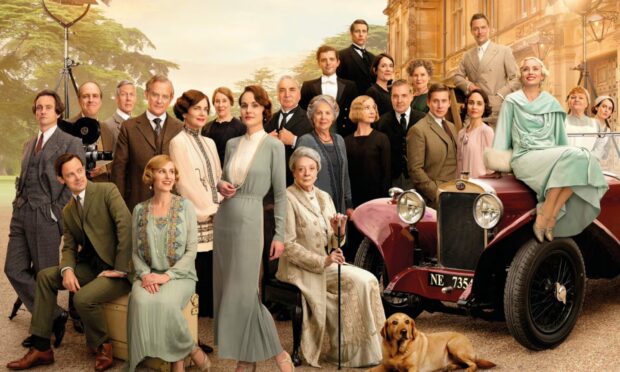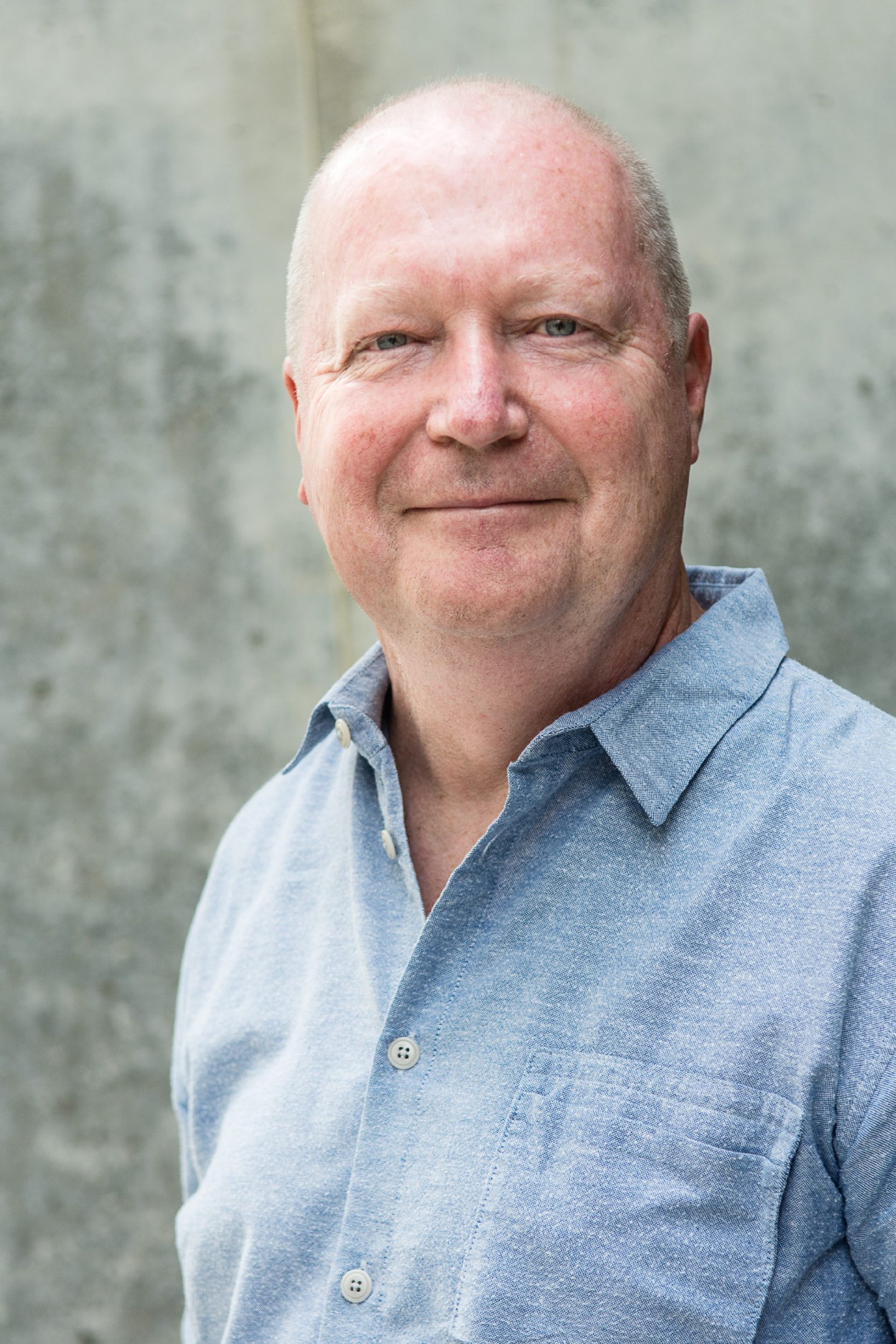
The sumptuous sets, costumes and upstairs-downstairs antics of period drama Downton Abbey have enthralled millions of viewers around the world for more than a decade.
For many fans, however, the theme tune, written by composer John Lunn, has been equally alluring.
The tune featuring iconic soaring strings has ushered in every episode and is back for the second movie, Downton Abbey: A New Era, released this week.
However, Lunn reveals, the popular theme tune, played hundreds of thousands of times on YouTube, and described by Rolling Stone magazine as making fans “drool like Pavlov’s dogs,” almost didn’t happen.
“It all came down to the very first scene I was given to create from, as there was no title sequence in the first episode,” he said.
“The programme just starts with a train powering through the English countryside, and at the same time the camera is following a telegram line which is carrying the information that the heir to Downton has drowned following the sinking of the Titanic.
“But of course, the audience don’t know any of this at this point. So I wrote the music to sort of impart to them that what you’re seeing with the telegram is really important, and then once you see the shot of the house itself the music expands out from there.
“The music certainly has that feel of a train to it – with the movement – and then it ties in nicely to the house because they’re both machines in a way.
“Once the music was written, everyone just said that’s the score that is going to characterise Downton Abbey, but if I hadn’t seen that original scene, I would have probably written something completely different.
“The title sequence now is the chandeliers, and the dog’s bottom, and the house, so that would have evoked something quite different in my response.”
BAFTA nominated and Primetime Emmy Award-winning Lunn is originally from Glasgow, but now lives in London with his wife. As well as his work on Downton Abbey, he has written music for The Last Kingdom, Shetland, Bleak House and Little Dorrit.
According to Lunn, the music is the last piece of the production to be added and he writes the music for the scenes from the images as they unfold in front of him.
“Music is one of the last things that goes on a film once it’s all been edited,” he said.
“Then I just watch the video over and over again and then kind of improvise to it and try and get a shape of what it may require and what the characters are feeling and the emotion of the scene.
“I usually have themes for relationships between people. So some people might have several themes going on depending on what is currently happening within that relationship, and then that reflects in the harmonies.”
Relationships are one of the key aspects of Downton Abbey, which follows the lives of the aristocratic Crawley family across the first decades of the 20th century, and the servants who work for them in the house and estate.
“I think one of the main successes of the show is undoubtedly the element of escapism,” said Lunn.
“You know you’ve got these amazingly grand sets and costumes and stories for people to get lost in, and especially in the last couple of years or so, we’ve found ourselves searching for shows like this to take our minds off what’s happening in the world.
“Also, there are so many characters and so many storylines, that I think many viewers find themselves identifying with the people they’re watching.”
Many more relationships and stories are to be explored in the new film, which sees a 1930s film crew arrive at Downton, as well as a journey to the South of France as the Dowager Countess of Grantham, played by Maggie Smith, has been mysteriously gifted a house there. But what can we expect from the music?
“Well, from my point of view, it’s been really interesting,” said Lunn.
“There are several new avenues that the music can take. One, the family go to the South of France, and then there’s also the introduction of a film crew.
“Both of those aspects have given me a new kind of vista to work with. And then you know, the end of the movie is really moving.
“And, when the music’s massively important, certainly in the last ten minutes or so, it’s been a great vehicle for me. You know, I’ve just been able to expand the whole range of the music, both in the orchestration and the scale of it as well.”
Downton Abbey: A New Era, in cinemas now.

Enjoy the convenience of having The Sunday Post delivered as a digital ePaper straight to your smartphone, tablet or computer.
Subscribe for only £5.49 a month and enjoy all the benefits of the printed paper as a digital replica.
Subscribe © Sarah Hickson
© Sarah Hickson